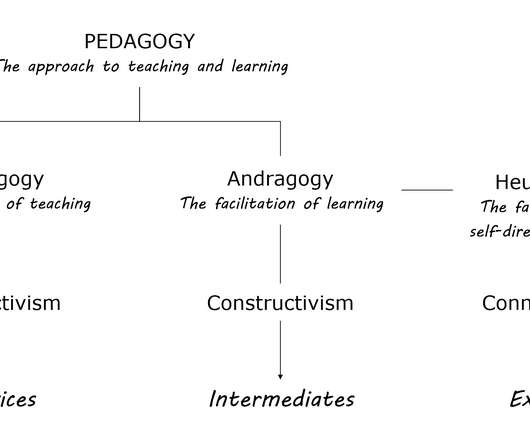The Ultimate Brain Food: Performance Support | Social Learning Blog
Dashe & Thomson
JANUARY 21, 2011
I like to imagine performance support as an Exobrain … (and, of course, that I am one of the smart people in learning … guess I will have to ask Simon about that.) Ive been creating training and e-Learning programs for over 20 years, serving as an instructional designer, writer, developer, and project manager.











































Let's personalize your content